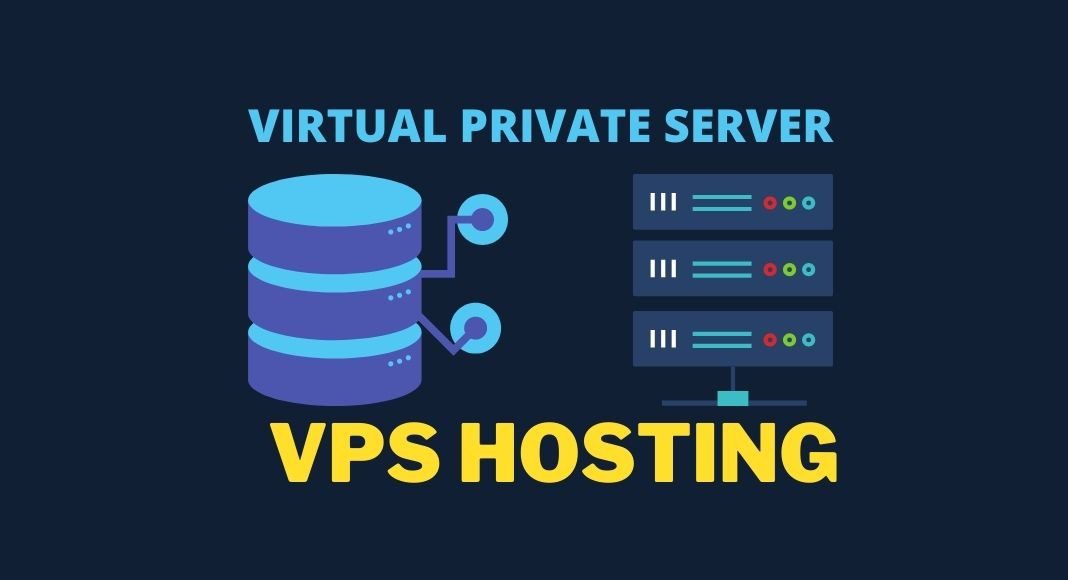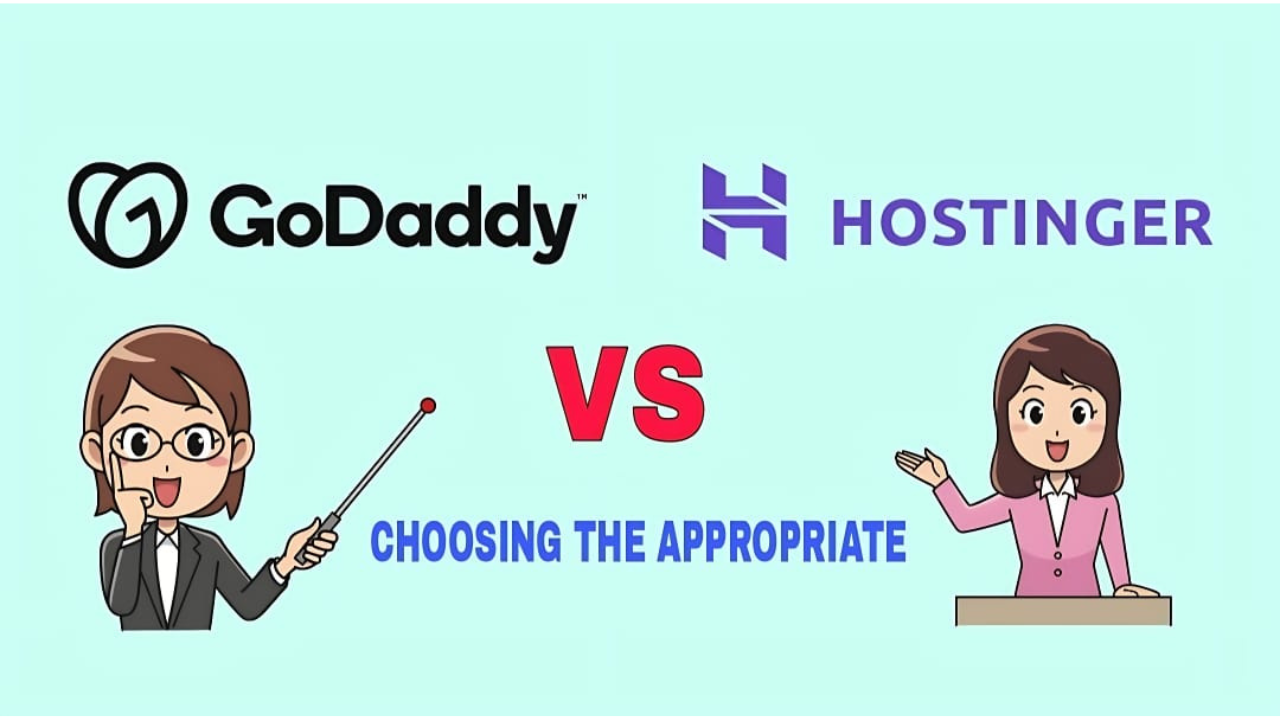Choosing the correct hosting provider is critical in the digital world, affecting your website’s speed, security, and scalability. By comparing cloud hosting vs traditional hosting in this post, we will reveal their distinct characteristics and provide you with the information you need to make an informed decision. Understanding the subtleties of these hosting schemes is critical since they directly affect your website’s functioning and user experience. We’ll go over the key features, benefits, and providers of cloud and traditional hosting, giving you a thorough understanding. By the end, you can make an informed decision based on your unique requirements and objectives. Join us on this Traditional Hosting vs Cloud Hosting Comparison to guarantee the foundation of your website is solid and in line with your goals.
What is Cloud Hosting?
Cloud hosting is a beacon of modern digital infrastructure, with its creative approach transforming the hosting sector. Cloud hosting, in essence, uses virtualized servers that draw resources from an extensive network of actual servers, providing unequaled scalability and flexibility. This model’s primary features are resource pooling, which allows for the efficient distribution of computing capacity as needed, and redundancy, which ensures ongoing operation through several server backups. The Cloud hosting advantages are numerous, including cost-effectiveness via a pay-as-you-go approach, unrivaled flexibility to grow resources on demand, and increased stability owing to the dispersed structure of servers. AWS, OVHcloud, Azure, and Google Cloud are notable cloud hosting companies, each offering services customized to specific business requirements. As we go further, you’ll discover why cloud hosting has become a must-have for many organizations looking for a dynamic and dependable hosting solution in today’s fast-paced digital market.
Understanding Traditional Hosting
Traditional hosting, a digital staple, uses physical infrastructure. In this architecture, websites are hosted on real servers, either shared or dedicated. This classic architecture is reliable and predictable due to constrained resources and limited scalability. Many small websites start with shared hosting due to its ease and cost predictability. However, dedicated hosting gives larger companies with more resources better control and performance. Classic cloud hosting services in India like OVHcloud, Bluehost, HostGator, and GoDaddy provide various options for different hosting needs. As we discuss conventional hosting, you’ll grasp its basics and why it’s still a good option for some websites.
Comparing Performance
Because it affects the usability of the website and the user experience in general, performance is an important consideration when contrasting cloud hosting with conventional hosting. The cloud’s distributed nature and capacity to dynamically use resources allow it to frequently outperform other hosting options in terms of latency and performance. In a cloud environment, server response time is usually faster, meaning pages load faster. Regarding scalability, another critical performance indicator, cloud hosting, is tops. With its horizontal and vertical scaling options, websites can easily accommodate different traffic loads. The redundant design of cloud hosting reduces the likelihood of downtime. It is frequently supported by service level agreements (SLAs) that ensure a high degree of availability, making it dependable and uptime-conscious. Traditional hosting, particularly shared hosting, could become slow when there’s a sudden increase in traffic. As we go into the performance factors, it becomes clear that choosing cloud hosting over traditional hosting significantly influences a website’s ability to handle traffic and provide a responsive user experience.
Cost Comparison: Cloud vs Traditional Hosting
The selection between cloud and traditional hosting depends on cost, both early expenditures and long-term operations costs. Businesses prefer cloud hosting because it eliminates the need for significant upfront hardware investments. Use a pay-as-you-go strategy to pay only for resources used. Cloud hosting appeals to startups and organizations with changeable resource demands. Cloud hosting operations expenses may appear scalable and flexible but may add up, especially as resource demands rise.
Traditional hosting, particularly shared and dedicated server solutions, may need a more significant upfront hardware and infrastructure expenditure. However, its fixed monthly payments and maintenance charges can simplify financial planning. Cloud hosting allows organizations to scale quickly without large financial investments. Scaling traditional hosting may require hardware purchases and migrations, increasing costs and time.
These pricing factors show that cloud or traditional hosting should match your budget, business size, and growth goals. Cost-effectiveness and dynamic online presence are achieved by striking the proper balance.
Security and Data Protection
Security and data security are key differences between cloud and traditional hosting, affecting digital assets. Cloud hosting uses firewalls, encryption protocols, and DDoS protection to protect against cyberattacks. Cloud companies invest extensively in innovative security solutions and employ specialized staff to monitor and respond to security breaches. Regular snapshots and disaster recovery strategies strengthen your data’s resistance to unforeseen occurrences.
Traditional hosting security techniques vary by kind. Shared hosting uses SSL certificates for data encryption and the hosting provider’s data center’s physical security. Users can modify security protocols and access limits on dedicated servers, improving security. Users are primarily responsible for updates, patches, and data backups.
As you examine the security environment, both hosting models offer strong protections, but control and accountability vary. Assessing your security and compliance demands is essential to choosing a hosting solution that meets your commitment to data protection and online safety.
Management and Control
Management and control distinguish cloud hosting from traditional hosting. Cloud hosting offers simple interfaces and control panels for resource configuration and monitoring. Users without extensive technological skills benefit from this accessibility. Cloud hosting also allows customers to quickly react to changing needs by allocating resources on-demand. Cloud providers’ managed services ease basic activities, but customers can customize setups.
Traditional hosting management is different. Root access allows for extensive customization and program installs on dedicated servers. However, this extra control demands more technical expertise and may overwhelm consumers wanting a more straightforward hosting option.
Cloud hosting services usually provide complete support, including updates and patching. Traditional hosting may require users to conduct these chores themselves, which may benefit people who want more control but may be difficult for those with little technical skill or time. When considering administration and control, match your hosting decision with your technical skills, customization, and support requests.
Choosing the Right Hosting for Your Needs
Choosing the proper hosting service for your requirements depends on several aspects. Whether cloud or traditional hosting is best depends on website size, traffic volume, and budget. Cloud hosting may be best for small to medium-sized websites with variable traffic that need a flexible, cost-effective solution. The pay-as-you-go approach and scalability features fit startups and expanding enterprises with dynamic resource demands.
Traditional hosting, especially dedicated servers, may be better if your website needs reliable performance, management, and cost predictability. This is especially important for larger companies with specialized resource needs and thorough hosting environment management.
Consider your technological competence and hosting management comfort before making this selection. Cloud hosting appeals to those seeking simplicity with its user-friendly interfaces and managed services. Traditional hosting offers more control and flexibility but needs more technical skills.
These considerations suggest that cloud or traditional hosting should match your needs, preferences, and growth goals. By carefully assessing these factors, you can guarantee that your hosting solution supports your online presence and adjusts to your website’s changing needs.
Conclusion
Finally, knowing your website’s needs and long-term goals inside and out is crucial when deciding between Cloud Hosting vs. Traditional Hosting. Cloud hosting is perfect for organizations always evolving and expanding because of its scalability, flexibility, and affordability. Traditional hosting is still a solid choice for people that value stability and constant performance because of its predictability, control, and reliability. Take into account management preferences, cost, performance, and security when you set out on your decision-making path. The specific needs of your online presence will dictate the best course of action; there is no universally applicable approach. When you consider these factors, you’ll be better able to make a selection that serves your needs now and provides a solid basis for your website’s future success.
FAQs
What is cloud hosting, and how does it differ from traditional hosting?
Cloud hosting utilizes virtualized servers and a distributed network for resource allocation, offering scalability and flexibility. In contrast, traditional hosting relies on physical servers, providing stability but with fixed resources.
What are the key advantages of using cloud over traditional hosting?
Cloud hosting has numerous advantages over traditional hosting, including no single point of failure. Cloud hosting employs a cluster of servers, so if one goes down, another will take over.
Flexibility and cost
Cloud hosting lets a firm pay only for its resources, eliminating the need to manage hardware or pay for excess capacity. Instead of manual updates, cloud hosting services automatically deploy extra capacity to maintain website performance.
Reliability
Whether you have a dedicated or shared server, cloud hosting keeps your website alive. Websites and apps are dispersed among computers. The single-point-of-failure concern of traditional hosting is eliminated.
Scalability
Scalability is a cloud hosting benefit. A corporation can request capacity for a specified period or set up automatic scaling if it expects traffic to rise owing to a marketing campaign or promotion. Cloud hosting makes it easier to keep websites and apps running.
Support and services
Cloud services may rapidly boost computing capacity, provide security, and arrange for disaster recovery for web applications. Cloud hosting firms have worldwide data centers, making it easier for enterprises to enter new markets and comply with local data rules.
Are there any disadvantages or limitations to using cloud hosting compared to traditional hosting?
Cloud hosting may involve operational costs that accumulate over time. Additionally, users with specific control preferences may find traditional hosting more suitable.
How does the scalability of cloud hosting compare to traditional hosting solutions?
Cloud hosting excels in scalability, allowing horizontal and vertical scaling to adapt to changing resource demands. Traditional hosting may involve more complex and time-consuming scaling processes.
What is the cost difference between cloud and traditional hosting in the long run?
Cloud hosting often has lower initial setup costs, but operational expenses may accumulate. Traditional hosting may have higher upfront costs but predictable monthly fees.
What security measures are in place for cloud hosting versus traditional hosting?
Cloud hosting supports company operations with built-in security. This applies to physical, network, application, and data infrastructure levels. Data encryption, isolation, storage and server segregation, firewalls, and identity management are also offered.
While traditional hosting relies on SSL certificates and physical security, both prioritize data backup and recovery.
How does uptime and reliability differ between cloud and traditional hosting?
With its redundant architecture, cloud hosting often guarantees higher uptime through SLAs. The reliability of traditional hosting depends on the specific type and provider.
Can you explain the concept of resource allocation in cloud hosting versus traditional hosting?
Cloud hosting dynamically allocates resources based on demand, offering flexibility. Traditional hosting has fixed resource allocations, potentially leading to limitations during traffic spikes.
What types of businesses or websites are better suited for cloud hosting, and which ones are for traditional hosting?
Cloud hosting suits dynamic, growing businesses, while traditional hosting, especially dedicated setups, is ideal for those requiring consistent performance and control.
What are the data backup and recovery options for cloud hosting instead of traditional hosting?
Cloud hosting utilizes regular snapshots and disaster recovery plans. Businesses risk failing with one server. A cluster of virtual and physical servers in various locations speeds up backup and recovery and may be automated. This is a major benefit of websites and apps using so many files. Data is your business. In traditional hosting, users must often manage their data backups and recovery processes.











































